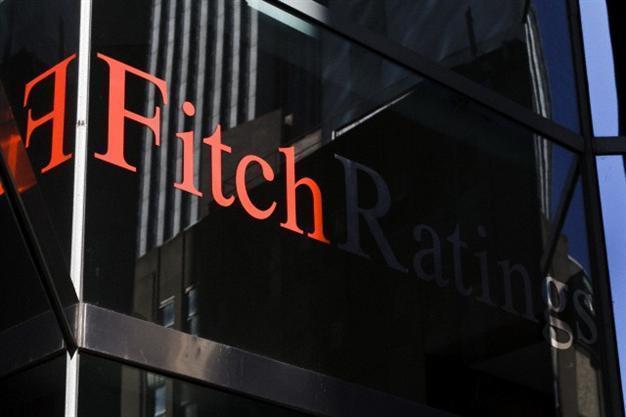Political risk still high in Turkey following Erdoğan’s win: Fitch
LONDON

Global ratings agency Fitch has claimed political risks to Turkey’s economy are still high following Prime Minister Recep Tayyip Erdoğan’s presidency win, warning tensions are “likely” to dominate the country’s agenda ahead of the parliamentary elections.
“Erdoğan’s
outright victory Sunday’s [Aug. 10] vote, in the first round of Turkey’s first
popular presidential election, does little to ameliorate the political risk to
Turkey’s sovereign credit profile,” Fitch Ratings said in a statement released Aug. 11.
“Political
risk will weigh on Turkey’s ratings through its potential effects to discourage
capital inflows and reduce policy predictability,” the agency said.
The agency
suggests the parliamentary elections, which will be held by June 2015, will
likely keep the political tension high, “as Erdoğan seeks to extend the power
of the presidency.”
According to
Fitch, the anti-government Gezi Park protests last summer that were a response
to Erdoğan’s perceived authoritarian tendencies is a fresh reminder of a
potential new wave of political and social unrest in the country.
“Political
continuity does not eliminate political and social unrest, which has been
elevated since last year’s Gezi park protests and [the 2013] corruption
scandal,” the agency warned, saying how political and social shocks can damage
a country’s credit rating and international reputation.
“Turkey has
been remarkably resilient to recent external shocks and banks and corporates
continue to enjoy high roll-over rates, but we expect political risk to remain
a credit weakness that could lead to a negative rating if it adversely affects
government effectiveness and policy predictability,” Fitch stressed.
The agency also warns the president elect’s public criticism of the Central Bank’s policy on interest rates could undermine the Bank’s “tenuous credibility.”
It also says “a rapid unwinding of these hikes would make Turkey more vulnerable to a sudden change in investor sentiment towards emerging markets.”
















